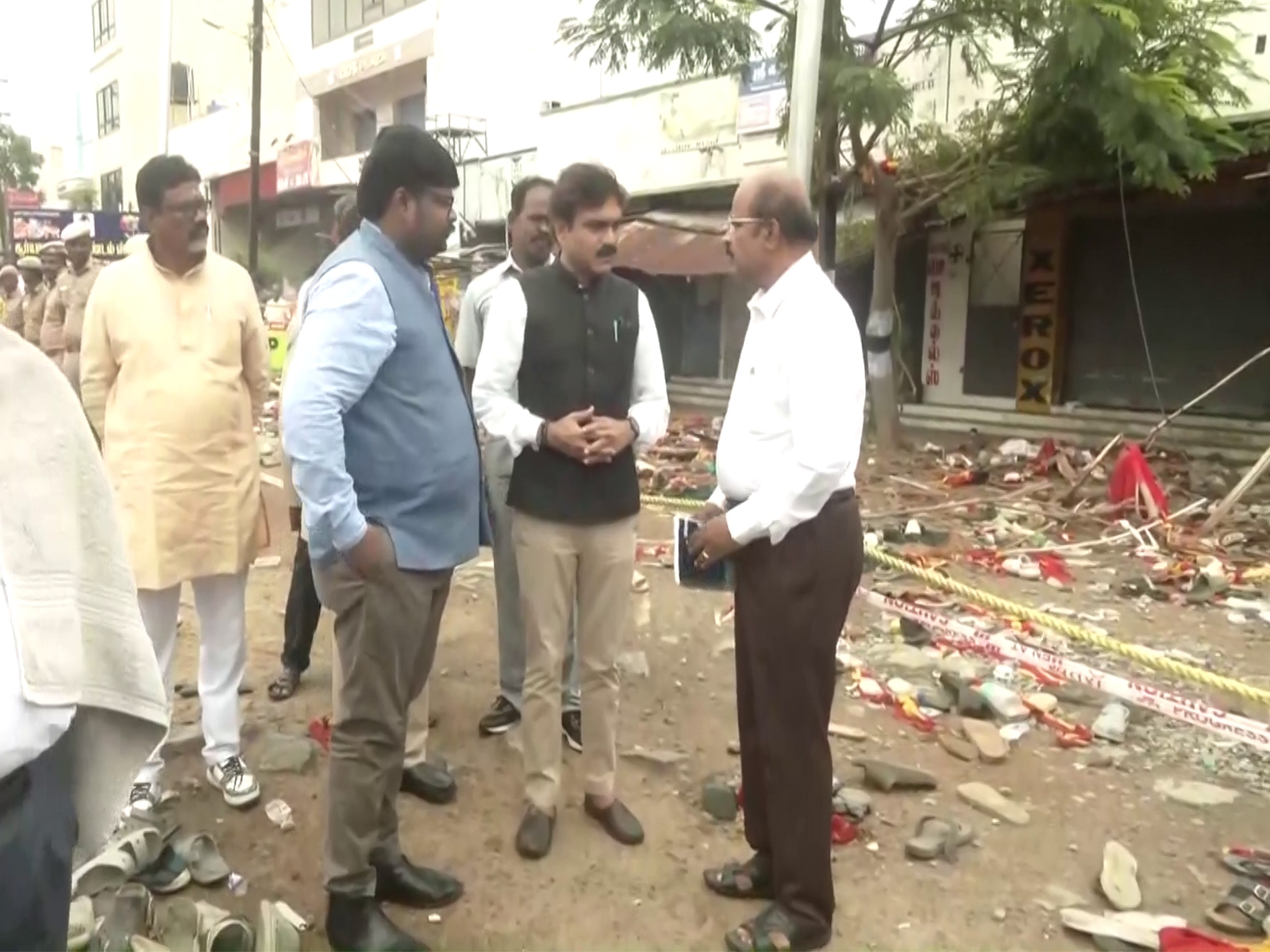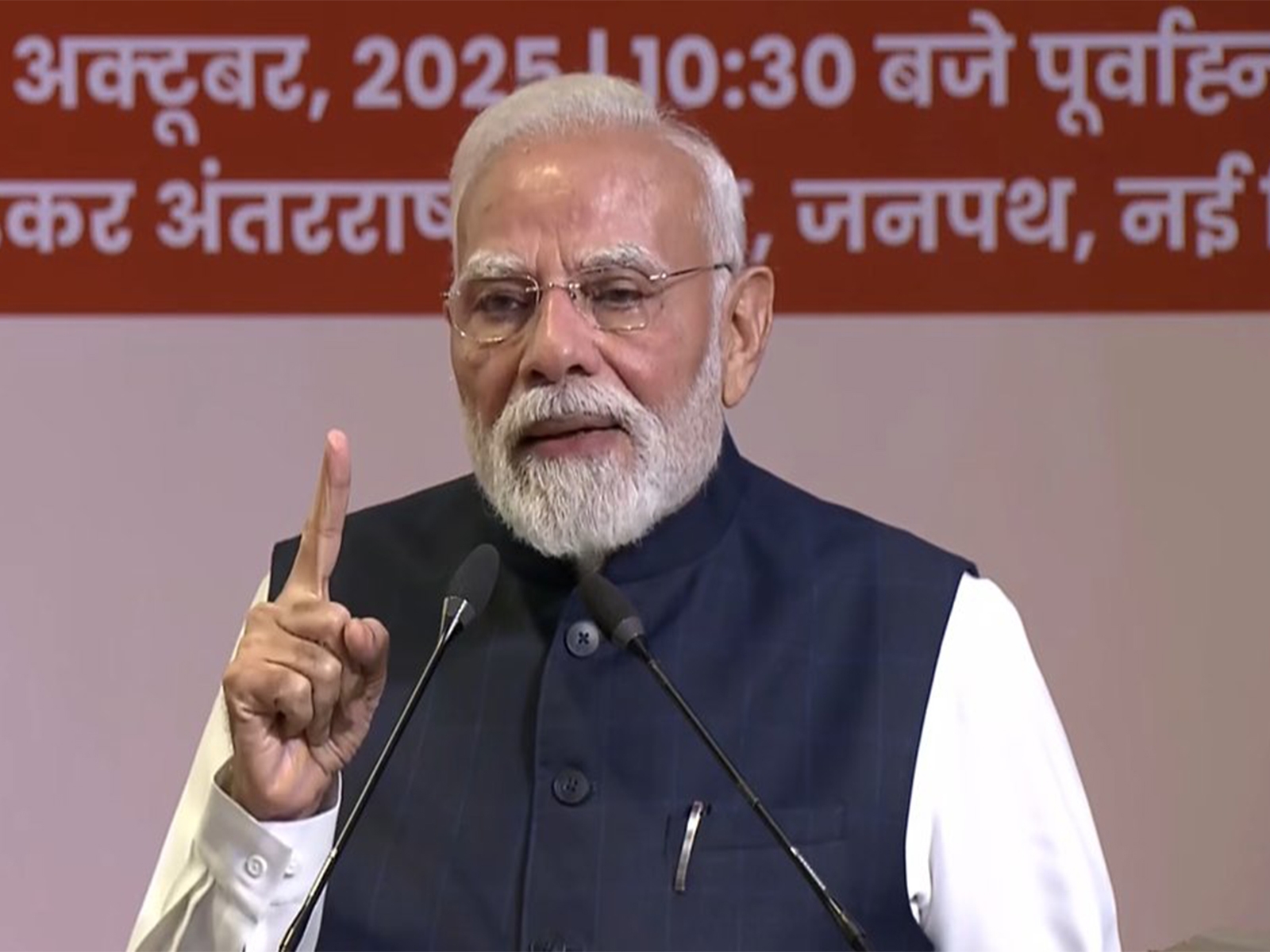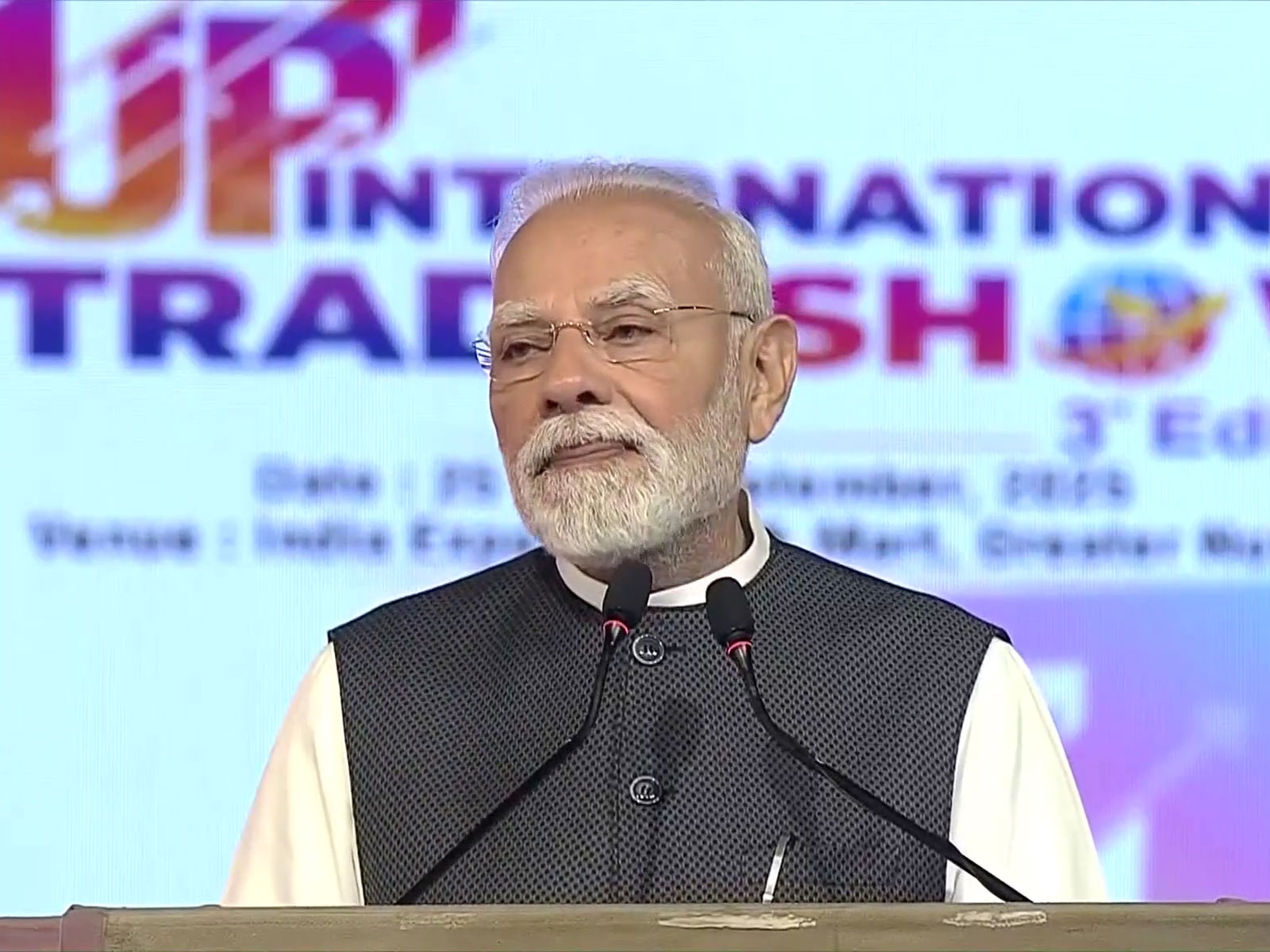
In 2012, India received the rare accolade of being the most unsafe country for journalists in the world. Since then, the situation, primarily because it couldn't get any worse, has marginally improved.
According to a Committee to Protect Journalists report from 2015, 35 journalists have been murdered since 1992. More than 20 others were killed with 'unconfirmed motive'. Not a number to be proud of.
The United Nations has also noticed. UN General Secretary Ban Ki-moon, while citing the murder of journalist Karun Misra, drew attention to how the death of a scribe is a mark of a weakening democracy.
"Across the global agenda, the media are critical. Yet journalists face growing efforts to silence their voices -through harassment, censorship and attacks. Journalists are not criminals. But they are often mistreated or even killed because they have the courage to expose criminal acts," he said.
The different threats
At a Talk Journalism 2016 session in Jaipur on Friday , the question of whether Indian journalists were truly safe was discussed.
Senior AFP international correspondent Prakash Chandra Hota, freelance journalist Om Saini, journalism educator Vineet Kumar and Arijit Sen from Amnesty International came together to discuss the grim subject. And, by a clear show of hands, those in the audience didn't think India was safe at all.
After a number of recent cases involving senior journalists in strife ridden areas like Bastar, and also the threat to life faced by stringers working in conflict areas, the question has resurfaced: Does India protect its journalists?
"The problem with Chhattisgarh and places like Bastar is not new," Hota said. He further insisted that the real threat is faced by the scribes who live in these conflict areas, but those who come from outside get the publicity.
Om Saini, a senior freelancer from Rajasthan, spoke of the threat of the government clamping down on journalists.
"It's not like it was in Rajasthan," he said, adding, "The government intervenes in journalism now. There's less debate, and it has become a one-way street."
"The government picks its favourite journalists and passes all information through them."
On being asked about making such a direct accusation, Saini reminded everyone, "I'm able to talk openly because I freelance. Others are affiliated to their organisations and their agendas."
And he isn't far from the truth, as Vineet Kumar pointed out. "India stands 113th in safety of journos. Let's not forget that."
Talking about the other kinds of threats journalists today face, Kumar added that internet trolls can be psychologically disturbing. And that that's another cause for concern that no one yet is looking into.
Online 'war rooms'
Teaching journalism has taught Kumar a thing or two about how unsafe the internet can be - a space his students inhabit at all times.
"I went for a talk on TV once and when I got back, my Twitter was filled with death threats. Why? Because someone with 'I support Burhan Wani' on his profile had retweeted me," said Kumar.
"It isn't just about the immediate threat you face in a conflict area anymore," he said while explaining how conflict has come into our private spaces, that one can be tracked anywhere, and therefore, the threat is always looming.
Trolls create online 'war rooms', Kumar says. These 'war rooms' are deliberately created and controlled by people of a single ideology to viciously attack anyone who speaks otherwise.
But can a troll hurt more than a bullet?
"I've been in a situation where the choice was between taking a bullet or getting the story," Hota recounted. "I chose the bullet because, if I didn't, I'd die a non-entity anyway."
"When I went ahead, I saw that the younger reporters and stringers followed me," he said, without revealing the location of conflict.
"I've been in such dangerous situations that I couldn't tell my wife. There are some things she still doesn't know," he added.
While Hota's job and experience are far more perilous than most journalists today, it provided an interesting insight into Kumar's claim - traditional journalists need to put themselves in the line of attacks. And that's not a choice young independent journalists have on social media today.
First published: 30 July 2016, 12:59 IST


![BJP's Kapil Mishra recreates Shankar Mahadevan’s ‘Breathless’ song to highlight Delhi pollution [WATCH] BJP's Kapil Mishra recreates Shankar Mahadevan’s ‘Breathless’ song to highlight Delhi pollution [WATCH]](https://images.catchnews.com/upload/2022/11/03/kapil-mishra_240884_300x172.png)

![Anupam Kher shares pictures of his toned body on 67th birthday [MUST SEE] Anupam Kher shares pictures of his toned body on 67th birthday [MUST SEE]](https://images.catchnews.com/upload/2022/03/07/Anupam_kher_231145_300x172.jpg)






